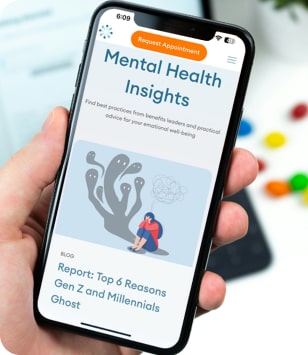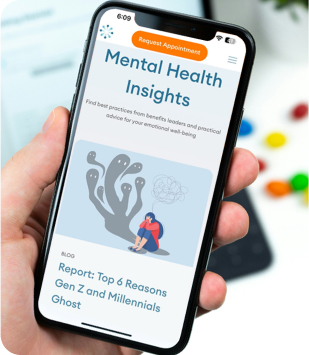Easy Ways to Improve Your Attention and Focus without Drugs

With so many things happening today, it is only natural that people sometimes lose their focus. Working or studying from home does not always work well because the environment itself is meant for relaxing, not working or studying.
For example, social media may be the safest means to communicate with other people, but it is full of distracting content, flashing ads, and frustrating news. Add that to the other personal struggles people go through every day. It is understandable that people’s minds can be so preoccupied from time to time.
However, that does not mean people should suffer because of these distractions. There is always a way to improve your current situation if you want to. This article will tell you the simplest and easiest ways you can begin changing your lifestyle if lack of focus has been challenging you lately—all without drugs.
These are the five simple activities you should practice:
1: Meditation and Breathing
Perhaps this is the most common focusing tip you have ever encountered, but that is because it is also the most effective if you learn to do it right. When people meditate, the brain’s function and structure change. Bringing more oxygen into the system can help one relax, reduce stress, lessen anxiety, and reduce the chances of depression. All these can help a person increase their focus and learning concentration. At the same time, they improve their memory and expand their attention span.
2: Exercise
If staying still makes you feel restless, exercising might be helpful. Physical activities can energize you and keep your body in good shape. It also improves your cognitive control.
In one study from the University of Illinois, students with ADHD underwent a little experiment. Those who participated in a 20-minute moderate exercise were able to concentrate better and even received better test results.
If you want to try this tip, remember that it does not always have to be intense exercise. You can start with brisk walking or dancing and observe how it can improve your attention.
3: Hydration
Staying hydrated can help your body in many ways. Meanwhile, dehydration can affect both your health and your attention span. This University of Barcelona study found out that as little as two percent dehydration can already impact a person’s concentration level.
That two percent drop would not even make a person thirsty, yet it can affect how your mind works. Therefore, make sure that you drink plenty of water.
4: Music
Suppose you are the type of person who needs brain stimulation while working or studying. If you are, try listening to music as it can help you concentrate. But you cannot listen to just any music. The best music genre that can help with your focus concerns is classical music.
According to a study by the Stanford University School of Medicine, the short period between silence and the musical movements in a classical piece helps trigger the brain. It was also discovered that listening to classical music can improve people’s attention span, help brains make predictions, and improves memory.
5: Notes
If you are at a meeting, a conference, or a class, taking notes by writing them on paper can improve your concentration. According to this study, writing by hand has a more positive effect on concentration than jotting down notes via laptops.
Conclusion
If you are having trouble concentrating these days, you can try any of the aforementioned techniques in this article. These tips do not require any drugs for them to work. You only need to try. If these simple steps still do not give you your desired focus, you can always seek a professional’s help.
At the Thriving Center of Psychology, we can match you with a therapist who can help you with your specific concern. Whether you want to improve your attention span, learn how to stop obsessive thoughts, or manage your anxiety and depression, our doctors are licensed to give you the help you need. Contact us at (212) 547-8861 for appointments or general inquiries.

The Link Between Social Media and Depression
In today’s world, scrolling through social media is as routine as brushing our teeth. We open apps out of habit — on the train, in bed, while waiting in line. Platforms like Instagram, TikTok, and Facebook keep us connected, informed, and entertained.

Signs Depression is Taking a Toll on Your Relationship
Depression can impact every part of a person’s life, from their work to their romantic relationships. Dealing with depression can take its toll on both the person with depression and the supporting partner. If you’re worried that depression is affecting your relationship, understanding its impact is an important first step.

Anxiety Attack and Panic Attack Differences
’s easy to mix up anxiety and panic attacks. While anxiety attacks and panic attacks do have overlapping symptoms, they are different. Let’s get into the differences between anxiety and panic attacks so you can be in a better position to get the help you need.

How to Overcome Procrastination and Anxiety
Procrastination is a very typical human experience. At some point or another, we’re all guilty of putting off that task we know is important. Maybe it’s household chores, filling your taxes, paying bills, or some other mind-numbingly boring task.




